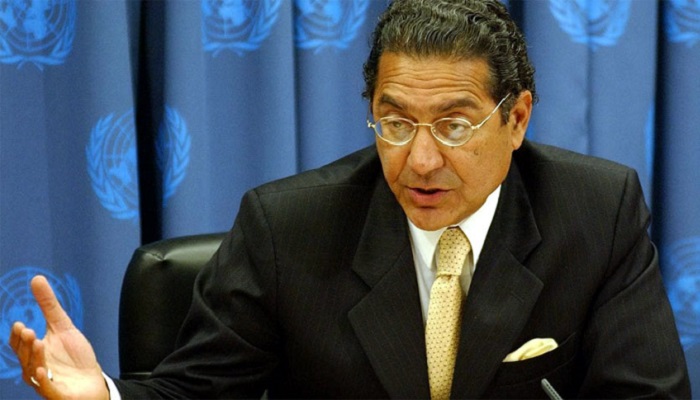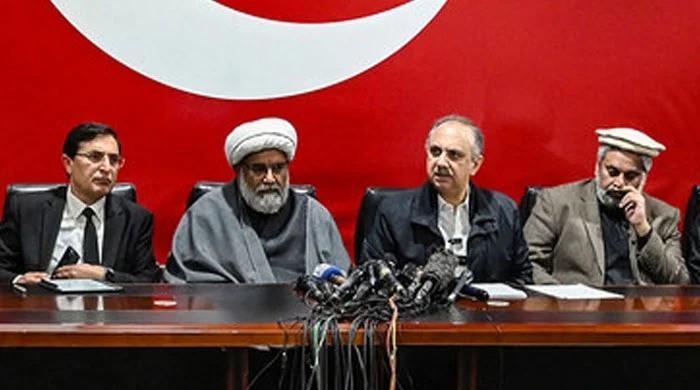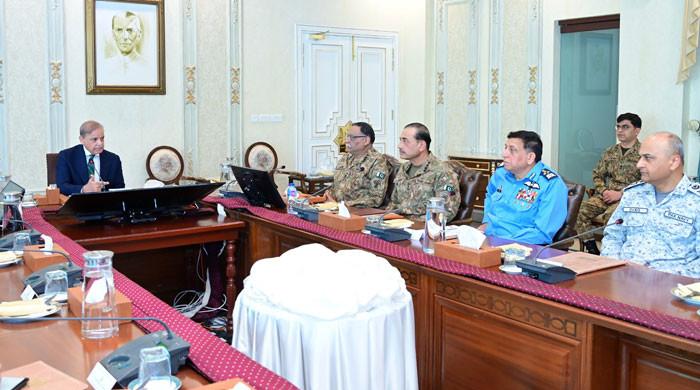India does not qualify for seat in UNSC, says Pakistan UN envoy Munir Akram
Ambassador said India has waged 20 wars since independence, fomented terrorism and instability across region
November 17, 2020

Pakistan's Permanent Representative Ambassador to the United Nations Munir Akram on Monday said that India does not even qualify for a seat on the 15-member United Nations Security Council (UNSC) because the state has violated the UN's resolution on Indian Illegally Occupied Jammu and Kashmir (IIOJK).
The ambassador was speaking at the UN General Assembly in New York.
Reaffirming Pakistan's resistance against the addition of permanent members in the UNSC, Akram made a reference to India without naming it and said that the "South Asian country" has waged 20 wars since independence and fomented terrorism and instability across the region, especially in Pakistan.
"We have clear and ample evidence of this state-sponsored terrorism," the Pakistani envoy told the 193-member Assembly.
"One country, most insistent on the Security Council membership, has a proclivity for the use and the threat of use of force; [It] fomented terrorism across our region, violated UNSC's resolutions, and targeted innocent lives at the Line of Control (LoC). This [country] has no qualification for permanent or even non-permanent membership in the Security Council," ambassador Akram stressed.
It should be noted that four countries, including India, Brazil, Germany, and Japan (the G-4) have been seeking a permanent membership at the UNSC.
"The reform of the Security Council must be part of a broader revival of the multilateral system as it was conceived under the Charter. The Council must be made more representative, responsive, democratic, and transparent," he said.
Read more: Ambassador Munir Akram censures Modi for his silence on ‘international issues’ in UN
Full-scale negotiations to reform the Security Council began in the General Assembly in February 2009 on five key areas -- the categories of membership, the question of veto, regional representation, size of an enlarged Security Council, and working methods of the council and its relationship with the General Assembly.
Despite a general agreement on enlarging the Council, as part of the UN reform process, member states remain sharply divided over the details.
The G-4 countries have shown no flexibility in their campaign to expand the Security Council by 10 seats, with six additional permanent and four non-permanent members.
On the other hand, the Italy/Pakistan-led Uniting for Consensus (UfC) group firmly opposes any additional permanent members, saying that such a move will not make the Security Council more effective and also undermine the fundamental principle of democracy that is based on periodic elections.
The Security Council is currently composed of five permanent members -- Britain, China, France, Russia and the United States -- and 10 non-permanent members.











